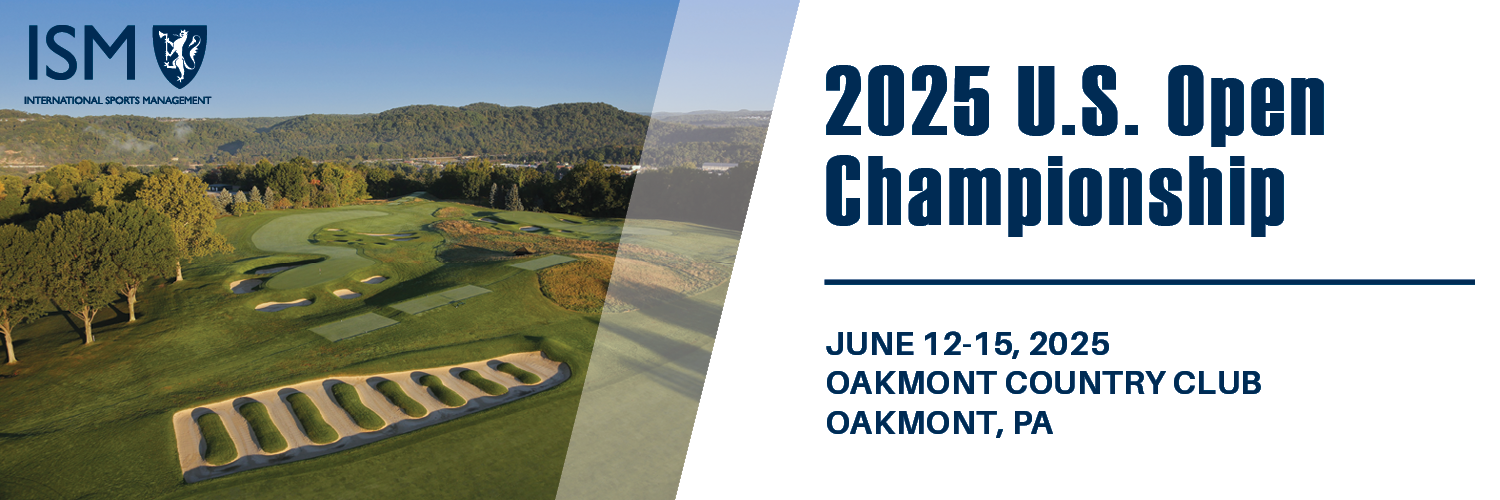What Happened
The 2025 U.S. Open, taking place at Oakmont Country Club in Pennsylvania, is generating significant attention as the tournament approaches. Scottie Scheffler, the world’s number one golfer and a strong favorite, recently made headlines by revealing that he had to delete his Venmo account due to harassment from bettors. This incident highlights the growing intersection of sports and gambling, particularly as sports betting becomes increasingly normalized in the United States.
Scheffler’s comments came during a press conference ahead of the tournament, where he discussed the pressures of being a favorite and the impact of gambling on athletes. He noted that he received numerous requests for money from fans who had placed bets on his performance, which contributed to his decision to close the account. As the tournament unfolds, Scheffler is aiming for his first U.S. Open title, having recently won three of his last four tournaments, including the PGA Championship.
Key Details
- Tournament Dates: The U.S. Open is scheduled from June 12 to June 15, 2025.
- Location: Oakmont Country Club, Pennsylvania, which is hosting the U.S. Open for a record 10th time.
- Scottie Scheffler’s Performance: Scheffler has won three of his last four tournaments and is regarded as a formidable competitor, particularly at Oakmont, which he described as potentially the hardest golf course players will encounter.
- Gambling Context: The rise of sports betting in the U.S. has led to increased scrutiny and pressure on athletes, with Scheffler’s experience reflecting a broader trend of bettors expressing their frustrations directly to players.
Multiple Perspectives
The situation surrounding Scheffler’s Venmo account has elicited various reactions. Some commentators view it as a concerning trend in sports, where the pressure from betting can lead to harassment of athletes. For example, CNN reported that Scheffler’s experience is not isolated, as harassment from angry gamblers is becoming more common in professional sports.
Conversely, others argue that the growth of sports betting is a natural evolution of the industry, providing fans with more engagement in the games they watch. ESPN’s coverage of the U.S. Open highlights the excitement around betting on golf, with various experts providing their picks and betting tips for the tournament. This duality illustrates the tension between the thrill of betting and the potential negative consequences for athletes.
Context & Background
The U.S. Open is one of golf’s four major championships and is known for its challenging courses and high level of competition. Oakmont Country Club is particularly notorious for its difficult layout, which emphasizes precision and skill. The tournament’s history and prestige add to the pressure on players, especially those like Scheffler, who are expected to perform well.
The increasing legalization of sports betting across the United States has transformed how fans interact with sports. As of now, over half of U.S. states have legalized some form of sports betting, leading to a surge in interest and participation. This shift has raised questions about the implications for athletes, including the potential for harassment and the impact on their mental health.
What We Don’t Know Yet
While Scheffler’s comments shed light on the pressures athletes face from bettors, there are still many unknowns regarding the long-term effects of sports betting on professional sports. It remains unclear how widespread the issue of harassment is among athletes across different sports and whether there will be any regulatory changes to address these concerns.
Additionally, the U.S. Open’s outcome and how Scheffler performs under the weight of these pressures will be closely watched. As the tournament progresses, it will be interesting to see if other players share similar experiences or if the focus remains primarily on the competition itself. The evolving relationship between sports and gambling will likely continue to be a significant topic of discussion in the coming years.


